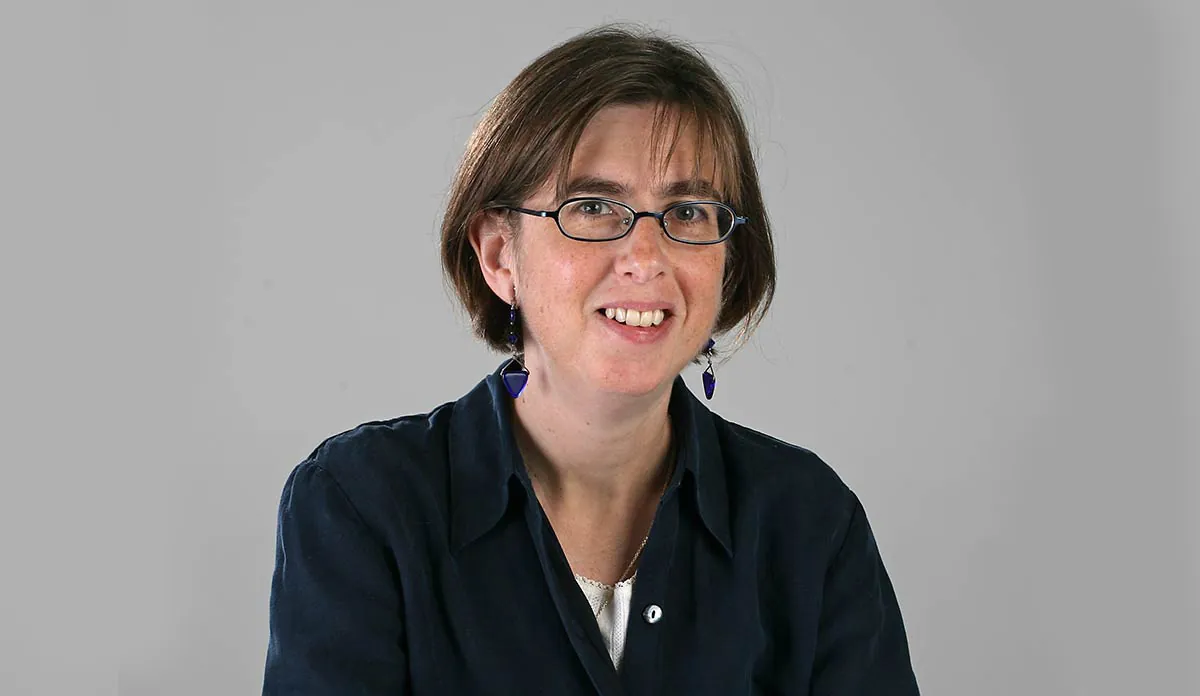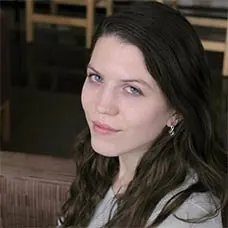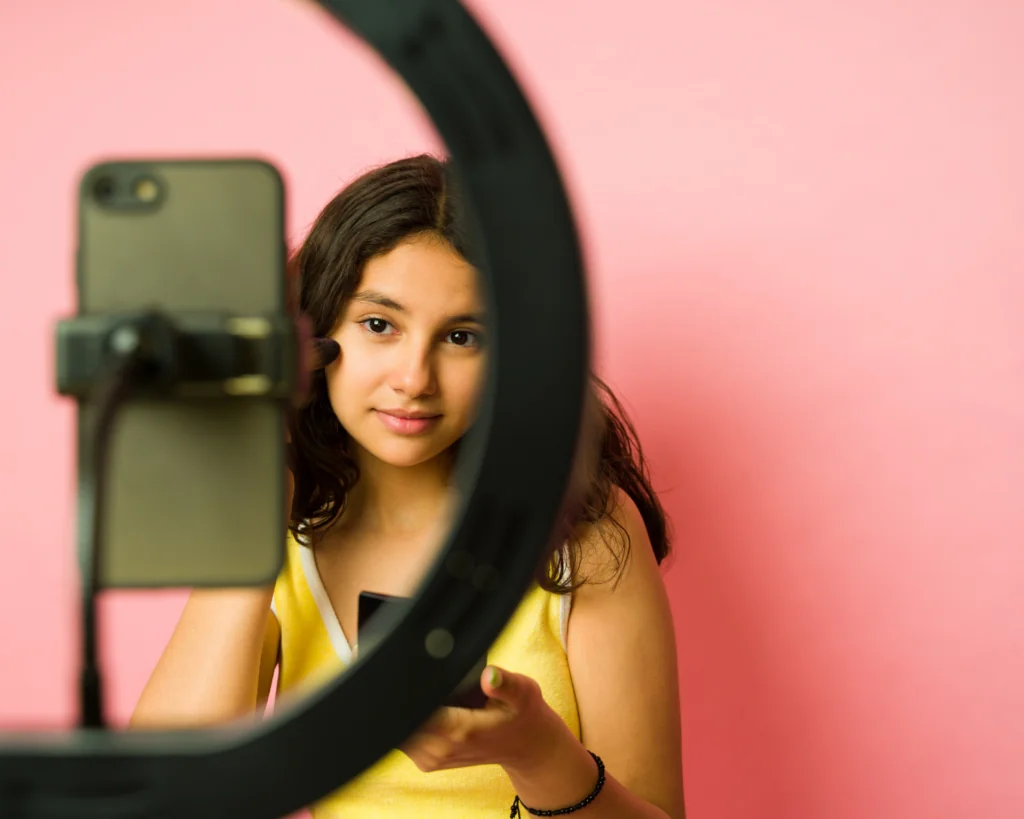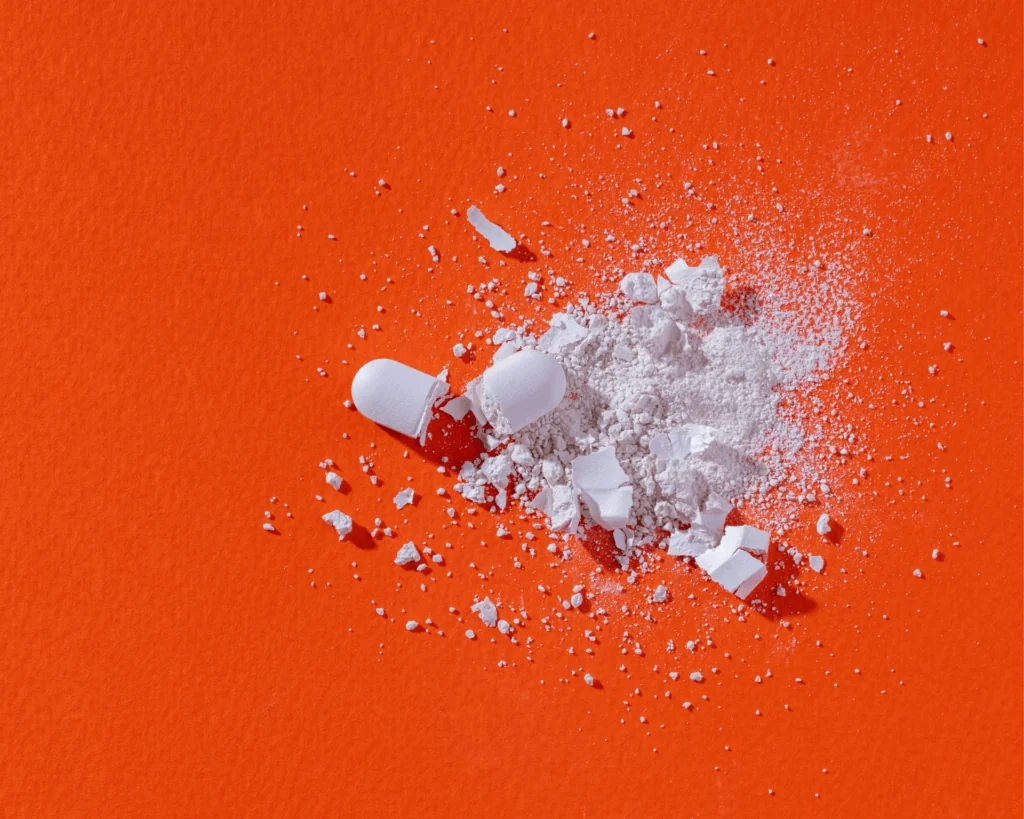Shari Rudavsky
PHP sat down with Shari Rudavsky, health and medicine reporter for the Indianapolis Star, where she has reported on Indiana’s important public health issues, including the recent HIV outbreak and the opioid crisis.

Read Time: 4 minutes
Published:
Shari Rudavsky has been a health and medicine reporter for the Indianapolis Star since 2004, where she has reported on Indiana’s important public health issues, the recent HIV outbreak, and the opioid crisis. Before joining the Star, she wrote about health and education for the Miami Herald. Her work also appears in the Boston Globe, the Washington Post, and the Wall Street Journal.
In February of 2015, a press release from the Indiana State Department of Health reported that new cases of HIV had increased exponentially in Scott County. When Shari Rudavsky, a health and medicine reporter for the Indianapolis Star, arrived in the southern Indiana county, she saw “an ingrown community of substance users. Grandparents would share with their kids who would share with their grandchildren,” she told Public Health Post.
There was an attitude that you could share needles, that HIV/AIDS isn’t something that happens in Indiana. When sharing needles with people you’ve known your whole life, what could go wrong?
In March of that same year, then Governor Mike Pence declared a public health emergency; HIV infections continued to spread. According to Rudavsky, Pence had made no secret of his disapproval for needle exchange programs, but reversed his stance, approving a 30-day needle exchange program for Scott County. Social service agency workers, state health officials and CDC monitors arrived close behind the needle exchange program.
To report on the outbreak, Rudavsky drove down to Scott County regularly from Indianapolis. On her way there she would pass a collection of small towns with shuttered store fronts, an impoverished community with just one physician serving the area. That physician told her that he had 18 year olds coming to his office, asking him to sign disability forms. As Rudavsky said, “it was a culture of substance use.”
“But with public health, even people who you think might be ossified in their beliefs can be persuaded by the experts to do what those in public health say is the right thing.”
When measuring public health outcomes, “Indiana counties do not fare particularly well,” said Rudavsky. “But with public health,” she said, “even people who you think might be ossified in their beliefs can be persuaded by the experts to do what those in public health say is the right thing.”
For Indiana, the right thing was a needle exchange program. The HIV outbreak triggered a campaign promoting the importance of clean needles and the dangers of sharing them. Two months after the approval of the 30-day needle exchange for Scott County, a bill passed allowing counties to ask the State House to declare a public health emergency in their counties and request needle exchange programs. Now, this program has evolved so that counties can run needle exchange programs on their own, without going through the State House.
Even with this progress, needle exchange programs are still controversial in the state, for moral reasons. According to the Chicago Tribune, two out of nine counties with needle exchange services recently ended their programs, citing an inability to reconcile the public health benefits with the moral questions surrounding distributing drug paraphernalia.
In a state where public health spending often falls low on the priority list of legislators, health and medicine reporters like Rudavsky struggle to keep the public’s eye on the urgencies of the latest health issues. Reporting on public health and addiction, presents “a kind of human challenge,” said Rudavsky, “taking that [health] information and finding ways to apply it to readers in their own lives.” But that’s a role that journalists can help fill. “That’s why I’m a health journalist,” said Rudavsky.
One way public health reporters can gauge their success is through increased engagement with their audience, listening to the public. Through her own writing, Rudavsky receives feedback from both ends of the political spectrum, reflecting “that it’s a sign that maybe we’re doing something right if we can anger both sides.”
Photo courtesy of Shari Rudavsky.



